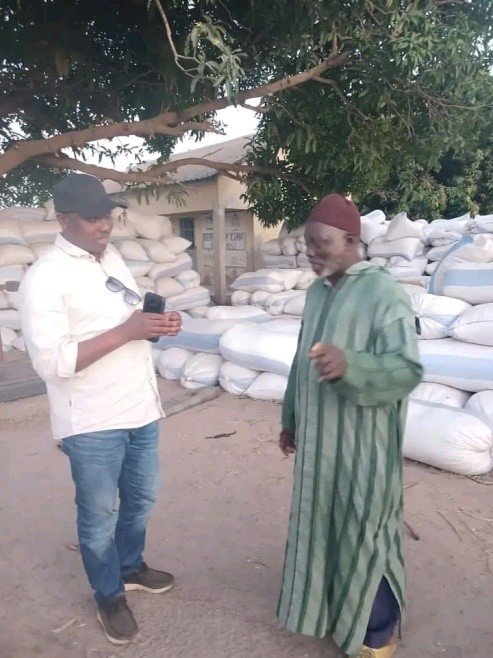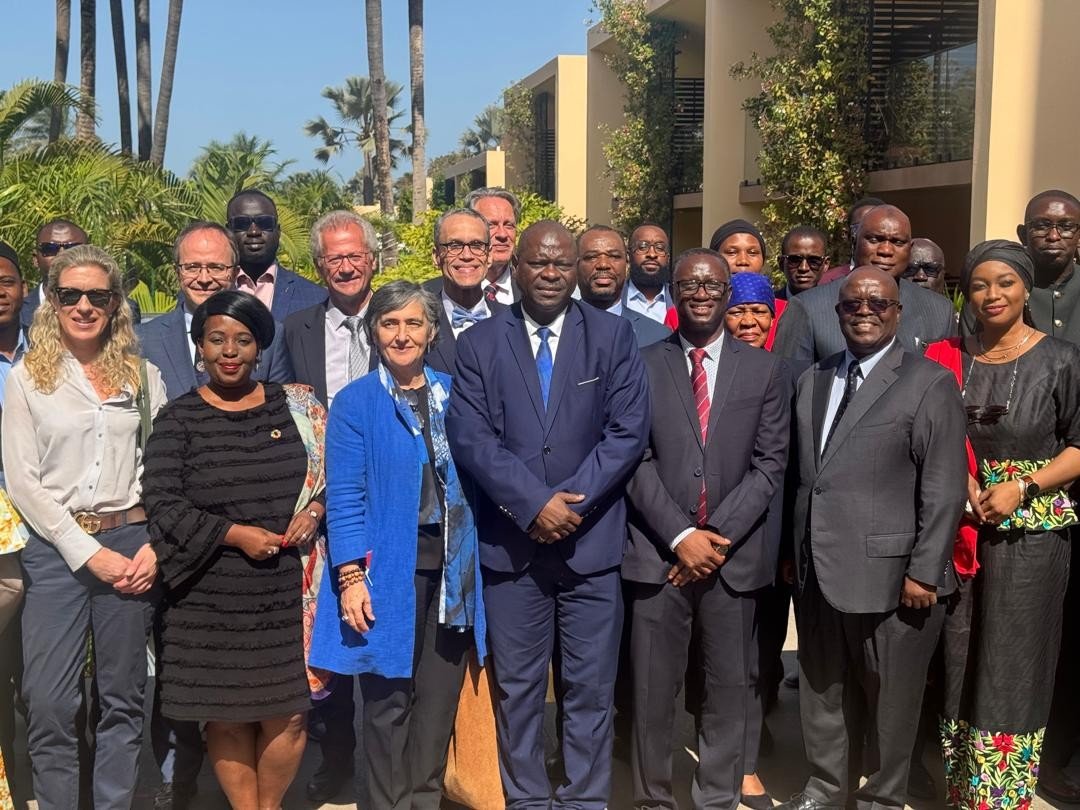The issue of price hikes has been a major challenge and the government is still unable to put up regulations to mitigate the challenge in the market, prompting vendors in Serrekunda to continue venting their frustrations as this year’s Ramadan approaches.
Speaking to Senigambia newspaper, Jainaba Sowe, a vendor at Serrekunda market, expressed her disappointment over the recent price hike of basic commodities in the country, especially fish, onion, oil, and other foods that many vendors sell to eke out living.
Nowadays fish is the most expensive commodity in the country, especially the red snapper, they say.
“We normally buy it at a high price and looking at the price we buy it, selling it at a low price will lead to losses and that will not help us,” they say. “As we all know how the country is in terms of business, you have to sit down the whole day to make some sales; otherwise the fish will rot due to the weather condition which affects our business. We are really suffering a lot, especially us the women who struggle to find little profits to pay our children’s school fees and meet other needs.”
Some say the prices of fish and other foodstuffs fluctuate every day, which also makes business boring and unpredictable. “I want the government to empower women and let us find ways to address the situation of the rapid price hikes of basic commodities, because we cannot continue to suffer with our families,” Musukebba Njie appeals, saying: “I travel from different places but this year the way I see business is not encouraging at all.”
Amie Bah, another fish vendor, subscribes to the cry of Musukebba regarding challenges they face in the business. “The issue of the price hike is not our fault; we also buy our stock from other people who continue to increase the price they sell to us.”
Another vendor, Fatoumatta Drammeh, said she started selling in the market over twenty years ago but “the way things are going now is not encouraging” as price rise continues to make commodities expensive.
“Anything I get from this business I spend on my family,” she explained her challenge. “We really need support from the government because we are suffering a lot in terms of feeding our families.”
Some concerned citizens about the inflationary trend in the country like Alagie Njie say exorbitant taxes imposed on businesses have contributed greatly to the rapid hike of food commodities in the market.
Another issue the people face as buyers with regard to meat price is inadequate cows and animal husbandry in The Gambia. “All the cows come from Mali, Senegal, Nigeria, and other neighbouring countries, which is also a challenge,” Lamin Fatty, a cattle seller,says, adding that they encounter a lot of transportation challenges buying cattle from other countries to The Gambia, which makes cattle expensive.
He therefore calls on the relevant government authorities to minimise taxes thereby maintain reasonable prices for meat. “Our leaders should also consider the plight of poor people and reduce taxes and support us where necessary,” he appeals.






